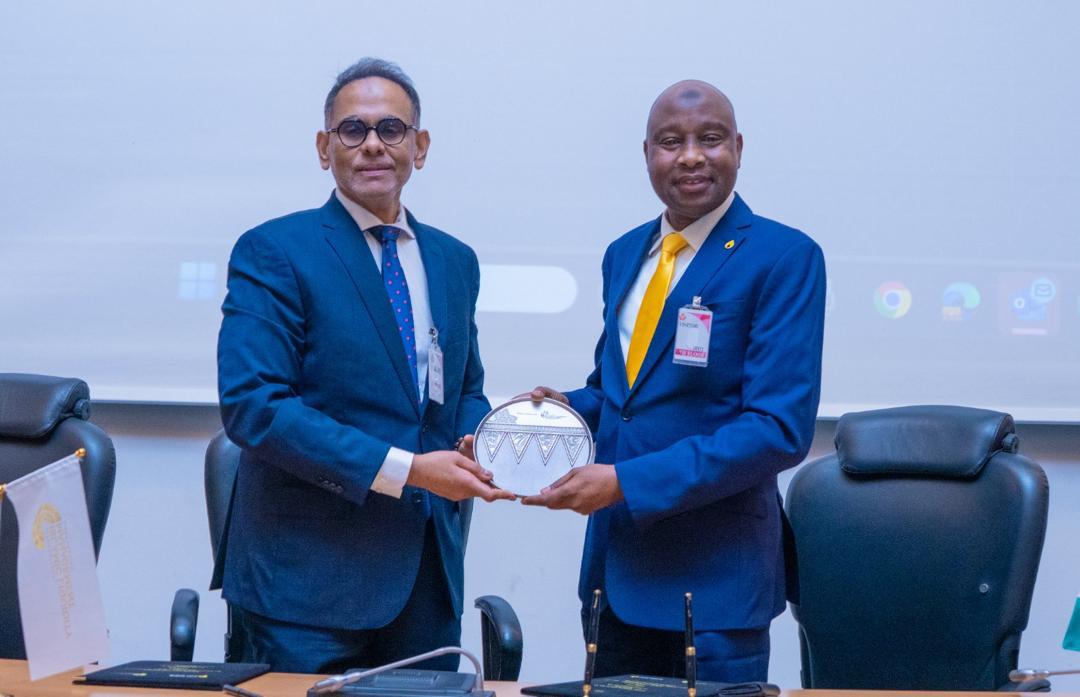The Association of Senior Staff of Banks, Insurance and Financial Institutions (ASSBIFI) praised the Central Bank of Nigeria (CBN) on Wednesday over the revocation of the operating license of Skye Bank.
The union said the N786 billion injection by the apex bank, which birthed Polaris Bank, is a courageous move at ensuring the efficiency of the nation’s banking sector. It urged the apex bank to ensure the sale process is done under best practises.
Oyinkan Olasanoye, the national president, at a news conference in Lagos said there was no cause for panic by the public.
She said: “The bank is well positioned to meet it’s obligations to all its numerous customers “.
Olasanoye said ASSBIFI as a strategic partner in the banking sector will study the purchase and assumption agreement that established Polaris Bank and engage the management of the new bank in concrete discussions aimed at ensuring the realisation of its vision, goals and objectives.
She explained that the AMCON should be allowed to undertake the sale exercise without undue interference from greedy party patrons and ensure that the exercise does not go the way of Mainstreet Bank, which was secretly sold to the defunct Skye Bank.
The president advised that only healthy financial institutions with very clean balance sheets that will add great value to Polaris Bank should be made to participate in the exercise and the best among them made to pay.
On the Tier-Based Solvency Capital for Insurance Companies, Olasanoye stressed that the union was not against restructuring of the insurance companies, but was concerned about the time frame needed for compliance.
She noted that there is the need to extend the period of implementation for genuine consultations with appropriate stakeholders.
“NAICOM’s position that the insurance companies do not need to inject new capital is not realistic. All insurance companies should be given equal opportunity and enough time to be able to determine the tier they wish to operate, ” she added.
She appealed to NAICOM to do more in the area of enforcement of existing policies on compulsory insurance to enable the sector contribute more appropriately to the national GDP.








